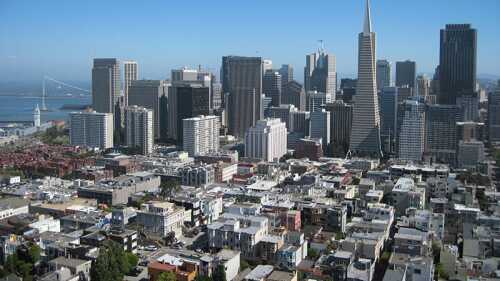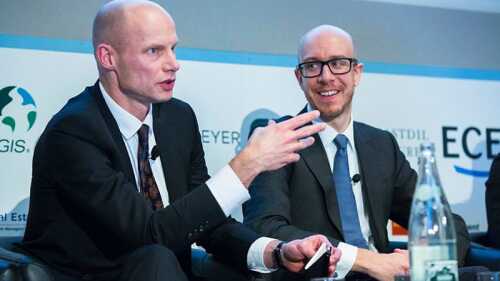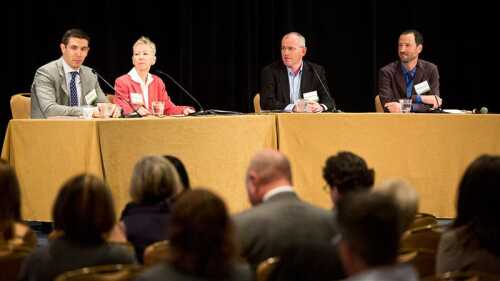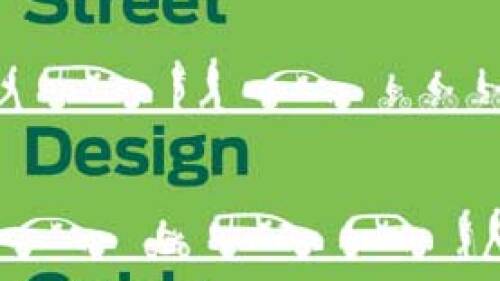Environmental, Social, and Governance (ESG)
The hurricanes that ravaged the U.S. Southeast and the Caribbean and the fires raging through the Northwest have refocused and energized resilience discussions.
Cities and towns around the world are committing to increased use of solar, wind, geothermal, biomass, and hydro energy, and many have achieved some level of success. But so far only a handful can claim they are 100 percent powered by renewable energy.
Billy Grayson, an expert in sustainability program development for companies and organizations, has been selected to serve as the executive director of the ULI Center for Sustainability and Economic Performance.
A new ULI program that helps office tenants design and manage their spaces to reduce energy consumption could help the real estate industry reduce emissions that are driving climate change. But at the program’s rollout at ULI’s 2016 Fall Meeting in Dallas, panelists said that the new ULI Tenant Energy Optimization Program is likely to have a more far-reaching impact than that of many previous environmental initiatives because it offers a compelling, well-documented business case that energy efficiency can generate a lucrative return on investment.
Harnessing the power of big data and the internet, new tech capabilities allow governments to fine-tune services—and allow residents more influence.
Despite the record harsh winter of 2014–2015 that dumped 111 inches (281 cm) of snow on the city of Boston and the not-so-distant (2012) memory of the near-hit of Hurricane Sandy, instituting measures to safeguard against the effects of climate change and rising seas will not be an easy sell with the region’s utilities, property owners, government agencies, or general public.
The primary goal of SFpark—a major initiative for the city of San Francisco—is to make it easy to find a parking space. The rationale behind the initiative is a belief that drivers unable to find a space on the street will cruise around or double-park, adding to congestion.
Disruptive forces created by climate change represent the “new normal” for the real estate industry and cities worldwide, posing “huge risks” to those not adequately preparing for it, warned a panel of experts at the ULI Europe Annual Conference in Paris in early February.
As cities develop resilience strategies in anticipation of more frequent and severe weather events triggered by climate change, understanding what success looks like across a broad spectrum of indicators will be critical to their efforts, said panelists at a ULI conference.
The Urban Land Institute has endorsed the Urban Street Design Guide, published last year by the National Association of City Transportation Officials. The guide embraces the unique and complex challenge of designing urban streets, aiming to make streets safe for people whether they are walking, biking, using transit, or driving.








